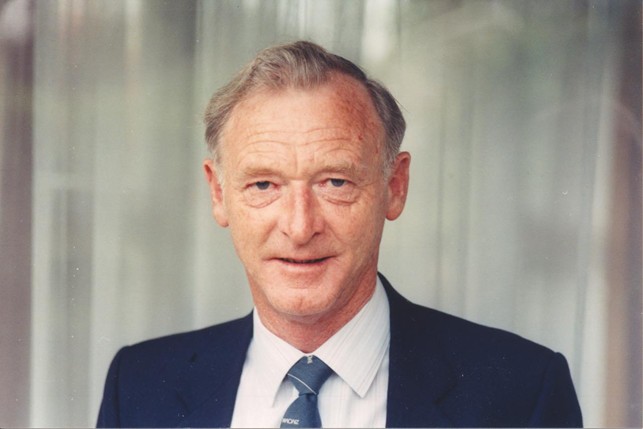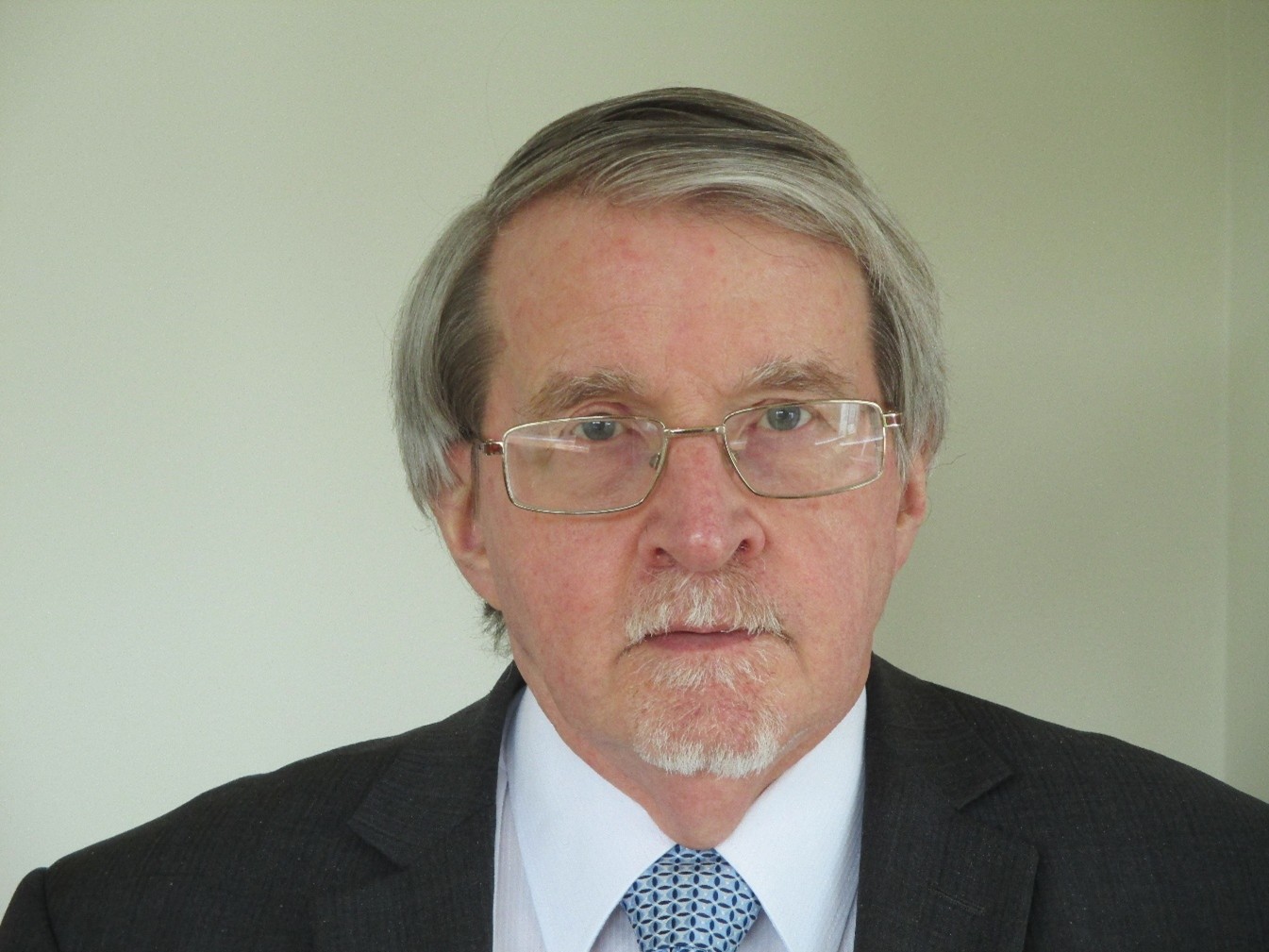
Ashley Wilson was a keen and long-term supporter of the New Zealand Institute of Chemistry. Ashley first became a member of the NZIC in 1954 and was appointed as a Fellow in 1969. He was actively involved in the Auckland Branch Committee and was Branch Chair in 1976.
He recently died at age 90 years on 4 November 2023 at his home in Auckland. The following aspects of his career in chemistry are from his notes, lightly edited by his son, Nick Wilson.
Ashley completed a BSc in chemistry at Canterbury College in 1952, the institution that subsequently became the University of Canterbury. This was followed by an MSc Hons in chemistry in 1954 and a PhD in 1957. The title of his PhD thesis was The Effect of a Fused Benzene Ring on the Reactivity of Benzene Derivatives. The research involved preparing 2-naphthalene compounds and measuring the rates of a number of reactions to demonstrate the ability of the fused ring to supply or withdraw electrons, thus affecting the rates of these reactions.
After his PhD, Ashley and his wife Jenny moved to the United States, where he undertook postdoctoral research at Florida State University, Tallahassee. This work during 1958-59 was under Professor John Leffler on rates of free radical reactions.
Owing to restrictions on foreign scientists in the US at this time, he subsequently obtained employment with the Canadian Chemical Company in Edmonton (Alberta, Canada). This was on development research on cellulose acetate fibres.
Ashley returned to NZ in late 1964 to work in the research department of NZ Forest Products (NZFP) in Penrose, Auckland, on combining paper with synthetic polymers. The company had purchased a polyethylene extrusion coater to add barrier properties to paper for cement bags and dairy product packaging.
Then in 1969 he transferred to the company’s mill at Tokoroa to manage the technical department. It had a staff of over 100 with shift chemists doing the in-process and product quality control testing and graduates and technical assistants working on process and product improvement, new product development and environmental protection. The mill discharged air emissions and over 20 million litres of effluent a day, after treatment, into the Waikato River System.
In the period 1974-1979, Ashley was the research section head and then manager of the company’s technical department at Penrose, Auckland. It was at the time the largest industrial research centre in the country. The work was responsible for establishing a new bleaching sequence for the Tokoroa mill expansion and the centre also conducted research on pulp, fibreboard, plywood and timber products.
Subsequently he represented NZFP in Wellington and then moved to the company’s head office in Auckland in a corporate planning role. Then from 1984 he became general manager of the company’s forest products mill at Tokoroa. At the time it was the largest industrial operation in New Zealand with over 3,500 staff working in the forests, transport of logs, timber milling, pulp and paper production (two pulp dryers and six paper machines), chemical and plywood manufacturing. The mill contributed greatly to NZ’s economy with supply of a range of paper grades and export of large tonnages of pulp and paper. One of his significant achievements over this period was to convince the managements of his company and Tasman Pulp and Paper Ltd at Kawarau to combine their productions of turpentine and tall oil (by-products of the pulping and chemical recovery operations). The products, until then, were exported to Japan as unrefined products. This led to the formation of Pine Chemicals NZ Ltd with a fractionating plant at Mt Maunganui. This has been a successful manufacturer of rosin sizes and specialty chemicals and is currently owned by Akzo Nobel.
In 1988 he returned to the company’s head office where he was general manager of industrial research and director of a number of subsidiary companies involved in manufacturing plastic-coated paper and moulded pulp products such as egg cartons and apple trays.
After leaving NZFP he held a number of consulting and quality-related positions including managing the Industrial Development Division of DSIR from 1990-1992 when it then became part of a Crown Research Institute.
In his retirement he spent a period (1997-1999), as a volunteer with Volunteer Service Abroad in a remote part of the Solomon Islands. He used his chemical experience to start up a mill which extracted coconut oil from copra. At one point he even successfully ran a local tractor on coconut oil as a diesel substitute – with the exhaust producing a pleasant, cooked coconut smell. His Solomon Islands experience was written up in his book, Solomon Islands Sojourn.
Outside his career Ashley had a very active life. Although his wife, Jenny, sadly died in 1992, he spent much time visiting family: five children, 11 grandchildren and three great-grandchildren. He was also keen on gardening, bridge, golf and tennis. He won six international tennis singles titles – the most recent in May 2023. In his best year for tennis (at age 85) he had a world ranking of fourth. One chemistry-related hobby that persisted throughout his retirement years was producing hand-made soap from a large supply of coconut oil he imported from the Solomon Islands. This soap he generously supplied to his friends and family.
So in summary, Ashley had a successful and long career in industrial chemistry - particularly with one of NZ’s key industries: pulp and paper. But there were also spillover benefits from his chemistry experience to outside his formal career, including to coconut oil production in the Pacific.





